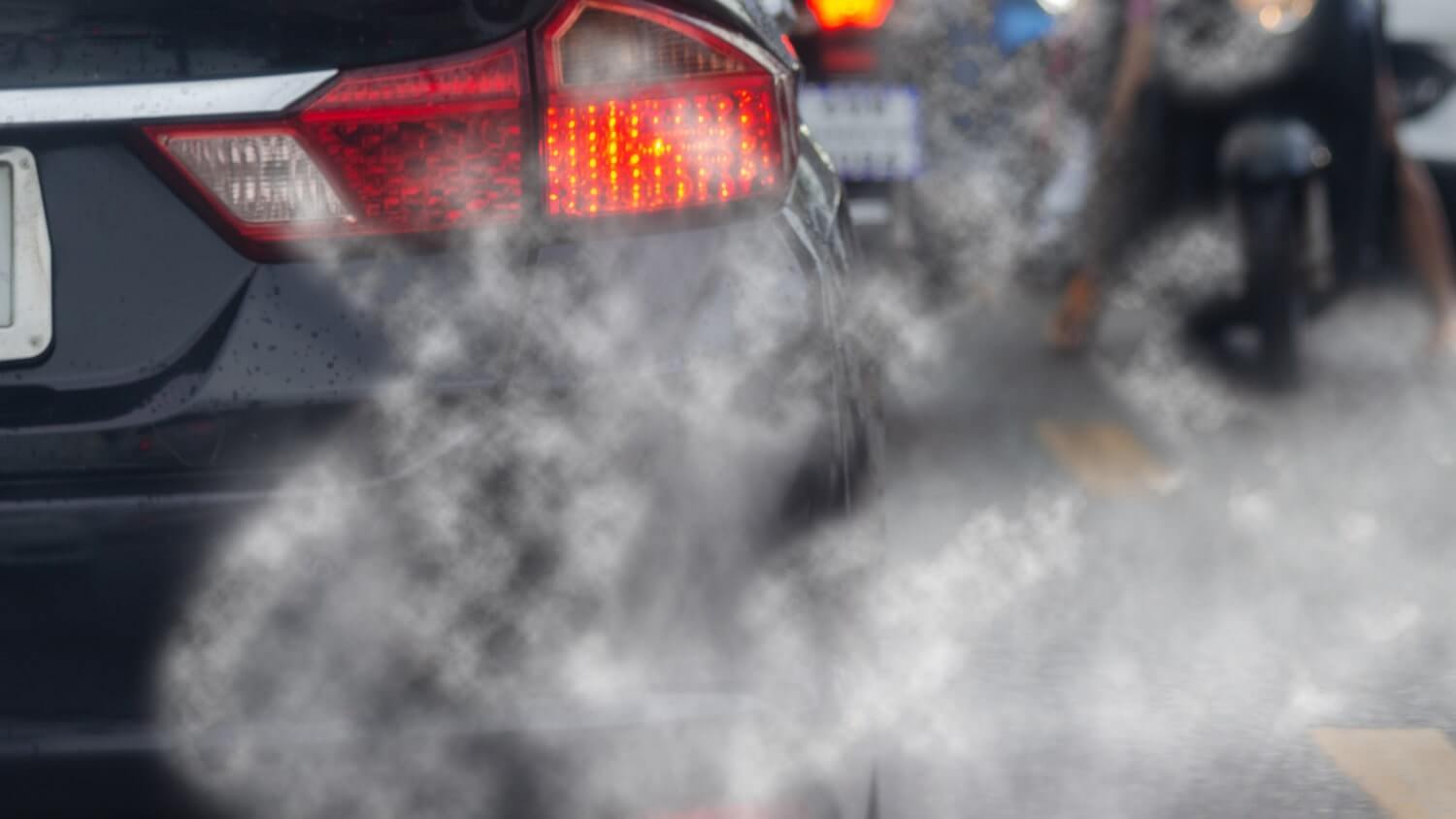ERS, the European Public Health Alliance (EPHA) and partner organisations have called for an “ambitious, stringent, logical and health-focused” Euro 7 Emissions Standards Policy to be implemented across the European Union (EU) without delay.
The policy should be in line with the latest scientific recommendations and evidence on the health, social and environment effects related to internal combustion engines and road transport, including the 2021 World Health Organization (WHO) Air Quality Guidelines.
The Euro 7 was proposed by the European Commission in late 2022 and presented a legislative proposal for stricter emissions standards for cars, vans, lorries, and buses. Its goal is to achieve the new air quality standards proposed by the Commission by tackling emissions from tailpipes as well as from brakes and tyres.
The proposal replaces previously separate emission rules for cars and vans (Euro 6) and lorries and buses (Euro VI). This means that the Euro 7 standards bring emission limits for all motor vehicles under a single set of rules, regardless of whether the vehicle uses petrol, diesel, electric drivetrains or alternative fuels.
At the moment, the date for the entry into force of the new regulation is 1 July, 2025 for new cars and vans, and 1 July, 2027 for new lorries and buses.
ERS, EPHA and partners express disappointment with Euro 7 standards, which give a green label to vehicles which perform no better than current Euro 6 standards, and undermine the EU’s commitment to protecting the health of Europeans.
Air pollution has major health impact in Europe and causes hundreds of thousands of preventable deaths. It is the most significant environmental risk faced by Europeans and reduces the amount of time they spend living healthily.
A major contributor to air pollution in Europe is motorised road transport, which in turn places a major health, social, wellbeing and economic burden on individuals, cities, states and the wider region. This can be curbed with a strong European Union policy.
The Euro 7 Emission Standards Policy is a great chance to improve the health of those living in Europe, and to avert premature morbidity and mortality related to air pollution from road transport.





